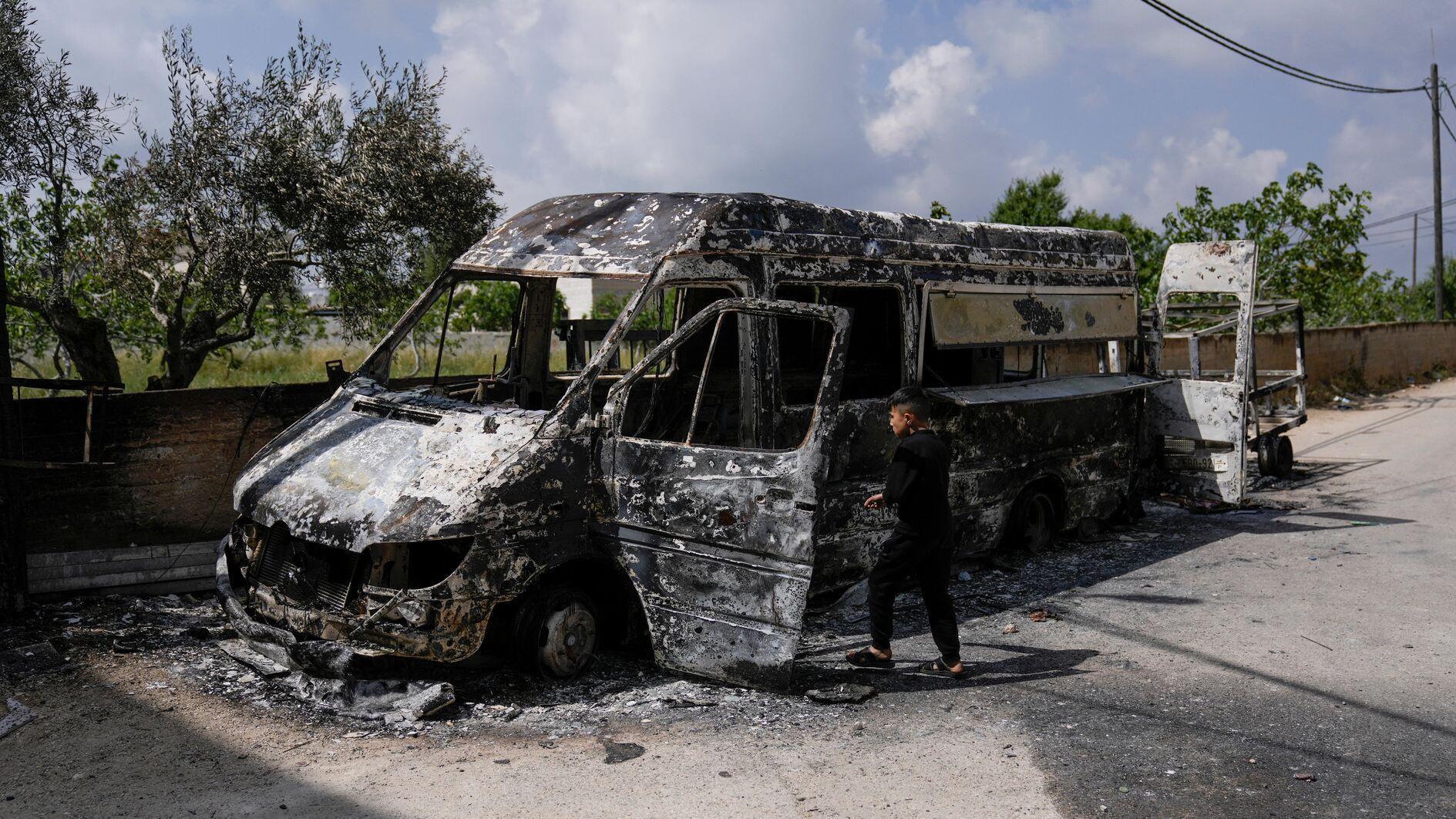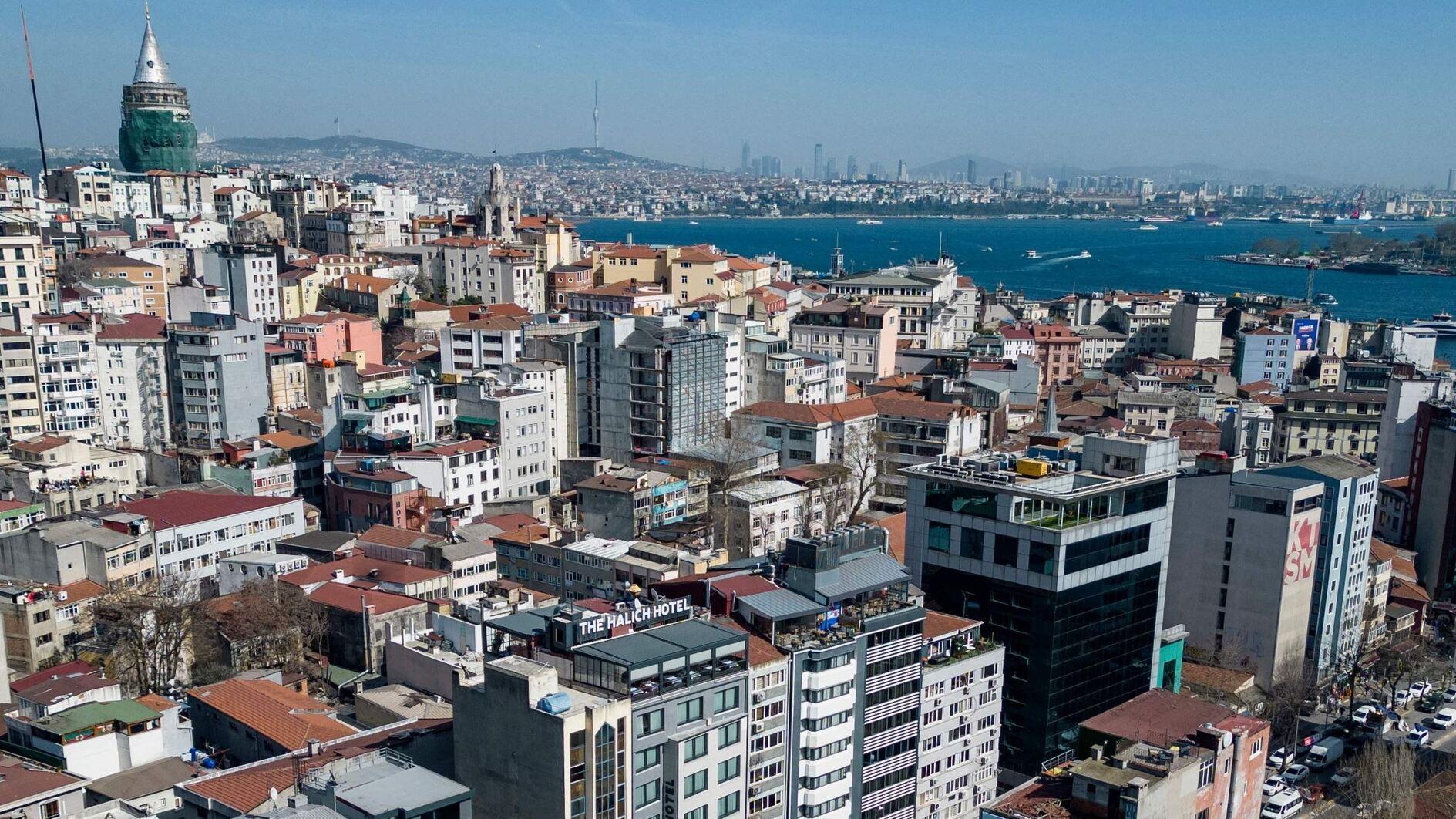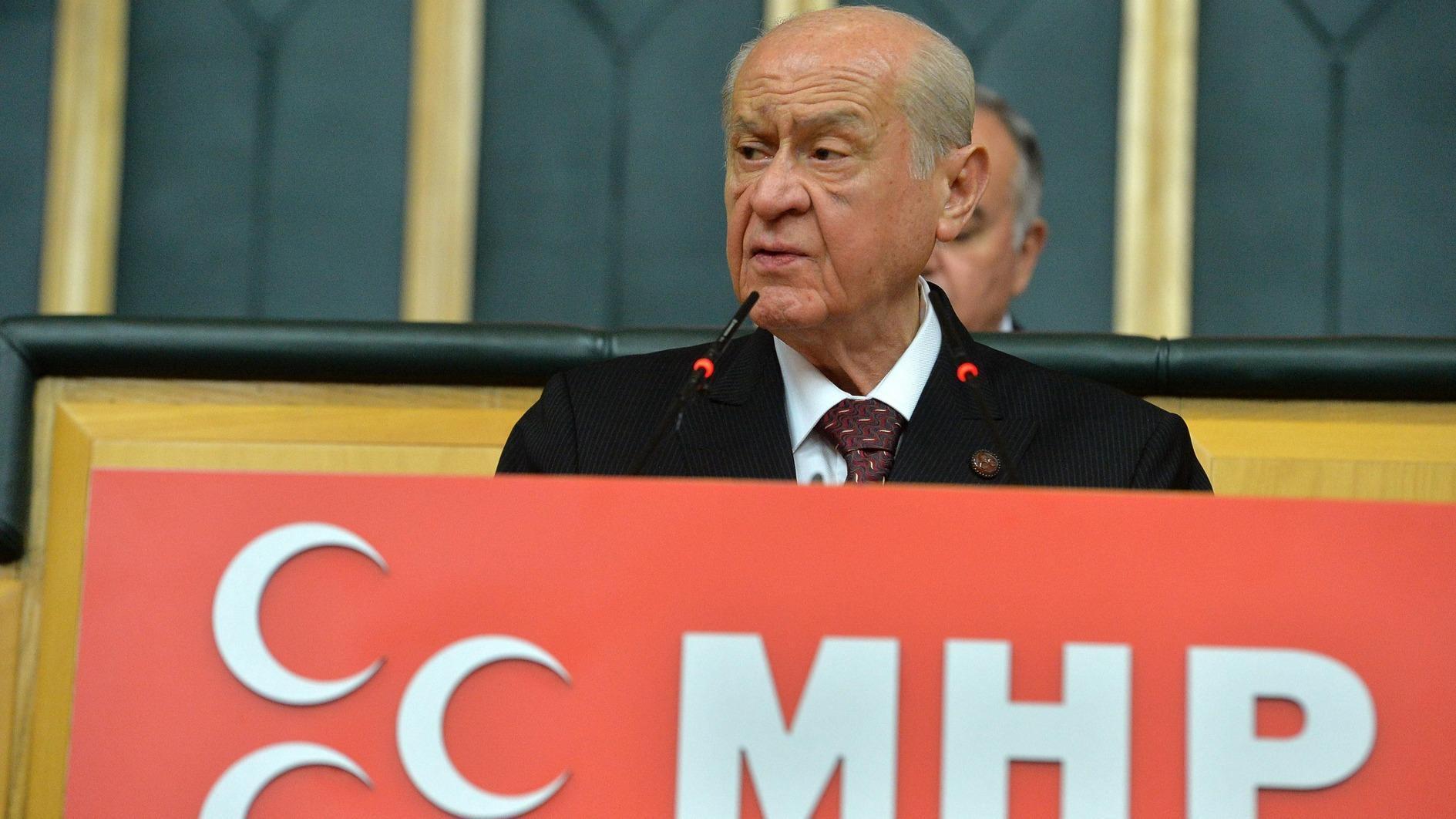Is the AKP cauldron on fire?
Anyone who over the past two decades has gotten to know Bülent Arınç, a former number two of the Justice and Development Party (AKP) and one of party’s four founders, would agree that he has always been a well-versed provocateur… Sorry, I mean politician. From his time as a “reformist” in the Welfare Party of late Necmettin Erbakan to his time as parliament speaker, he always made the kind of statements that could kill the political prospects of any other mortal.
On many occasions when he spoke out, Arınç subsequently stepped back, even expressing exactly the opposite of what he said in the first case. He often still said it was not him who had changed his opinion, but the conditions that had changed; of course, he was right all the time. He sometimes used such intriguing expressions against his adversaries that he somehow managed to later claim that he was actually making a compliment and did not mean any harm!
The AKP is very much a marriage of convenience between a large group of Islamist factions with one man, Recep Tayyip Erdoğan. All four of the party founders were important people but Erdoğan was always a “first among equals.” Abdüllatif Şener was the first of the four AKP founders to part ways with Erdoğan (in 2007), accusing him of autocracy and nepotism. What happened to Şener? He proved to have no valid political currency outside the AKP. He established another party but got almost no success. He stuck around for a while as an anti-AKP and anti-Erdoğan propagandist, but was soon compelled to close down his struggling party, vanishing into the “former politicians” category of Turkish politics.
The second of the AKP founders to develop some kind of discord with Erdoğan was former President Abdullah Gül, who became president by aligning with Arınç and forcing Erdoğan to name him as a candidate for the presidency in order to avoid a major schism in the AKP. But what happened in the end? Could Gül really part with the AKP and Erdoğan? Could he really end up challenging Erdoğan’s leadership? On the contrary, although he had the opportunity to lead an alternative center-right political formation after ending his presidential tenure, Gül has preferred to delay in order to avoid taking any risks. He has therefore also become a highly paid “retired politician” of Turkey’s “forgotten politicians club.” If he decided to make a comeback tomorrow, he would not have any clout to attract people.
Until recently, when he was the AKP government’s “second man” and when his advice was listened to by everyone – except Erdoğan – Arınç was a happy top AKP executive. He served as the government spokesman and was also the minister in charge of state propaganda mechanisms, including the state-owned TRT and the Anadolu News Agency. However, when he stepped down it was Arınç who started complaining that this time it was he who was being censored by the same outlets! Was there anything abnormal in that? If someone raises a beast in the backyard of his house, it is highly possible that one day he will become the prey of that beast. If state-owned broadcasters, news agencies are turned into propaganda machines used in domestic politics against adversaries, should we not expect newcomers to take measures against the former powers?
Sadullah Ergin, Hüseyin Çelik, and other members of the AKP’s “old guard” may rush to Arınç’s defense as they share a common goal: They don’t want to vanish into thin air or become a member of the “club of forgotten politicians.”
These discussions are very important. The revelations of Arınç and others about irregularities, mismanagement, favoritism and nepotism during AKP rule - or specifically against Erdoğan - all document the backstage of the tragedy that Turkey is going through under Erdoğan’s rule.
Is the AKP a political party or simply a group of worshippers in Erdoğan club? So far it has been proven repeatedly that deserters of the AKP can have no political future. Thus, Arınç’s “explosive remarks” and the support he received from former ministers and top AKP executives does not indicate that the AKP cauldron is on fire. What did Arınç once say about the Ergenekon case? Did not he say “Turkey is cleansing its intestines”? Well, now the AKP is cleansing its intestines, in a lousy and smelly way.











